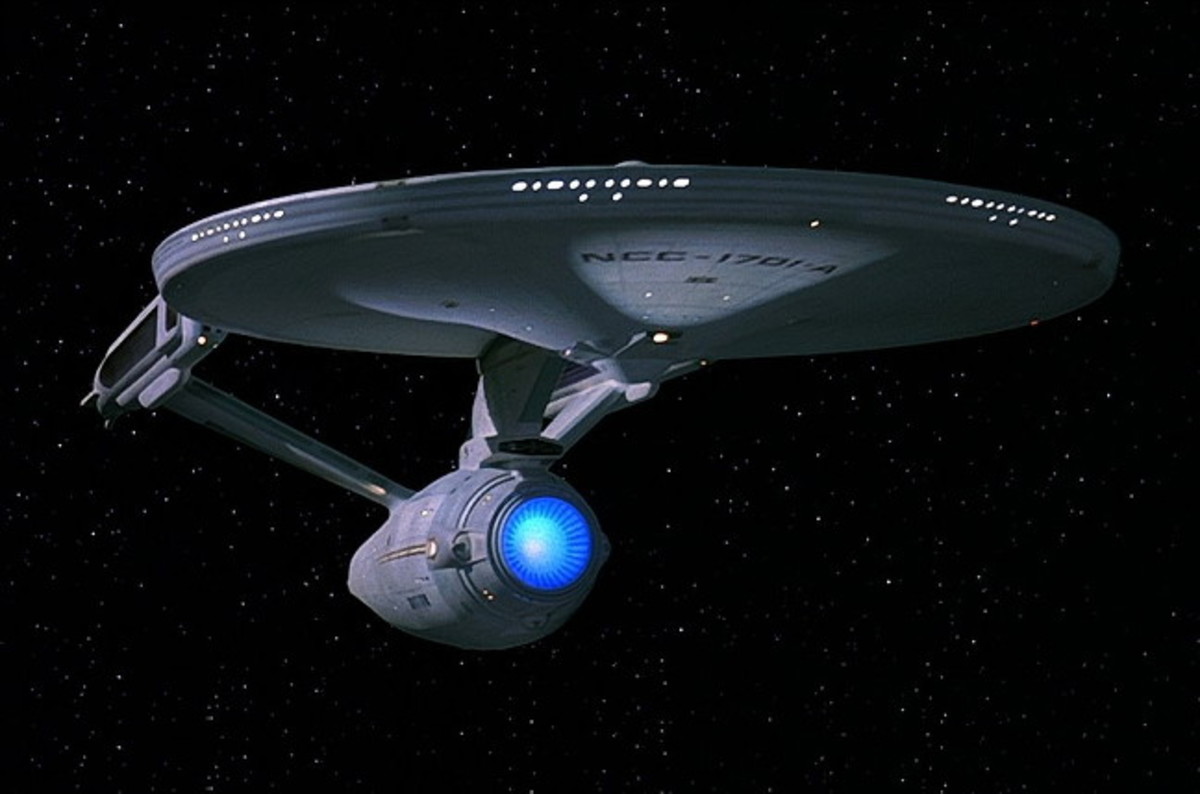Post by chocs on Dec 7, 2013 6:36:31 GMT 12
The Dark Valley
It was now about the sixth hour, and darkness came over the whole land until the ninth hour. - Luke 23:44
It was a mysterious and supernatural darkness. We may say, and we can say no more, that it was nature sympathizing with the crucifixion of its Lord. How dense it was we cannot tell; but it must have filled the hearts of the multitude about the cross with awe.
There was also a still deeper darkness around the soul of Him who hung on that central cross. It was so dark that He even seemed forsaken of God. We can never understand it, although we know that it was the sin of the world that made the darkness. Jesus wrapped the glooms of death about Himself that we might be clothed in garments of light. He died thus in darkness that we might walk into the valley amid the splendours of heavenly light. He had agony in His last hour that we might have joy. His head wore the crown of thorns, and had no place to rest in dying, that under our heads might be the pillow of peace.
It is profitable for us to contrast the death of Christ with that of His disciples in all ages since. He shrank from the “cup;” they are eager to drink it. He seemed forsaken of God; they look with ecstasy and unclouded vision into the Father's face. Why did death mean so much to Him, and why is it such a peaceful experience to them? It is easy to answer this question. Death has no bitterness for the Christian, because it was so bitter to the Redeemer. He drew the cruse from it, and now it has in it only the sweetness of blessing. Indeed, there is no death any more for the Christian. Jesus abolished death. What we now call death is death no longer, since He passed through it. It is now only the shadow of death, and even the shadow is lighted up with the beams of Divine glory bursting from heaven. Let us never forget that we have light in our dying because Jesus had darkness
It was now about the sixth hour, and darkness came over the whole land until the ninth hour. - Luke 23:44
It was a mysterious and supernatural darkness. We may say, and we can say no more, that it was nature sympathizing with the crucifixion of its Lord. How dense it was we cannot tell; but it must have filled the hearts of the multitude about the cross with awe.
There was also a still deeper darkness around the soul of Him who hung on that central cross. It was so dark that He even seemed forsaken of God. We can never understand it, although we know that it was the sin of the world that made the darkness. Jesus wrapped the glooms of death about Himself that we might be clothed in garments of light. He died thus in darkness that we might walk into the valley amid the splendours of heavenly light. He had agony in His last hour that we might have joy. His head wore the crown of thorns, and had no place to rest in dying, that under our heads might be the pillow of peace.
It is profitable for us to contrast the death of Christ with that of His disciples in all ages since. He shrank from the “cup;” they are eager to drink it. He seemed forsaken of God; they look with ecstasy and unclouded vision into the Father's face. Why did death mean so much to Him, and why is it such a peaceful experience to them? It is easy to answer this question. Death has no bitterness for the Christian, because it was so bitter to the Redeemer. He drew the cruse from it, and now it has in it only the sweetness of blessing. Indeed, there is no death any more for the Christian. Jesus abolished death. What we now call death is death no longer, since He passed through it. It is now only the shadow of death, and even the shadow is lighted up with the beams of Divine glory bursting from heaven. Let us never forget that we have light in our dying because Jesus had darkness

